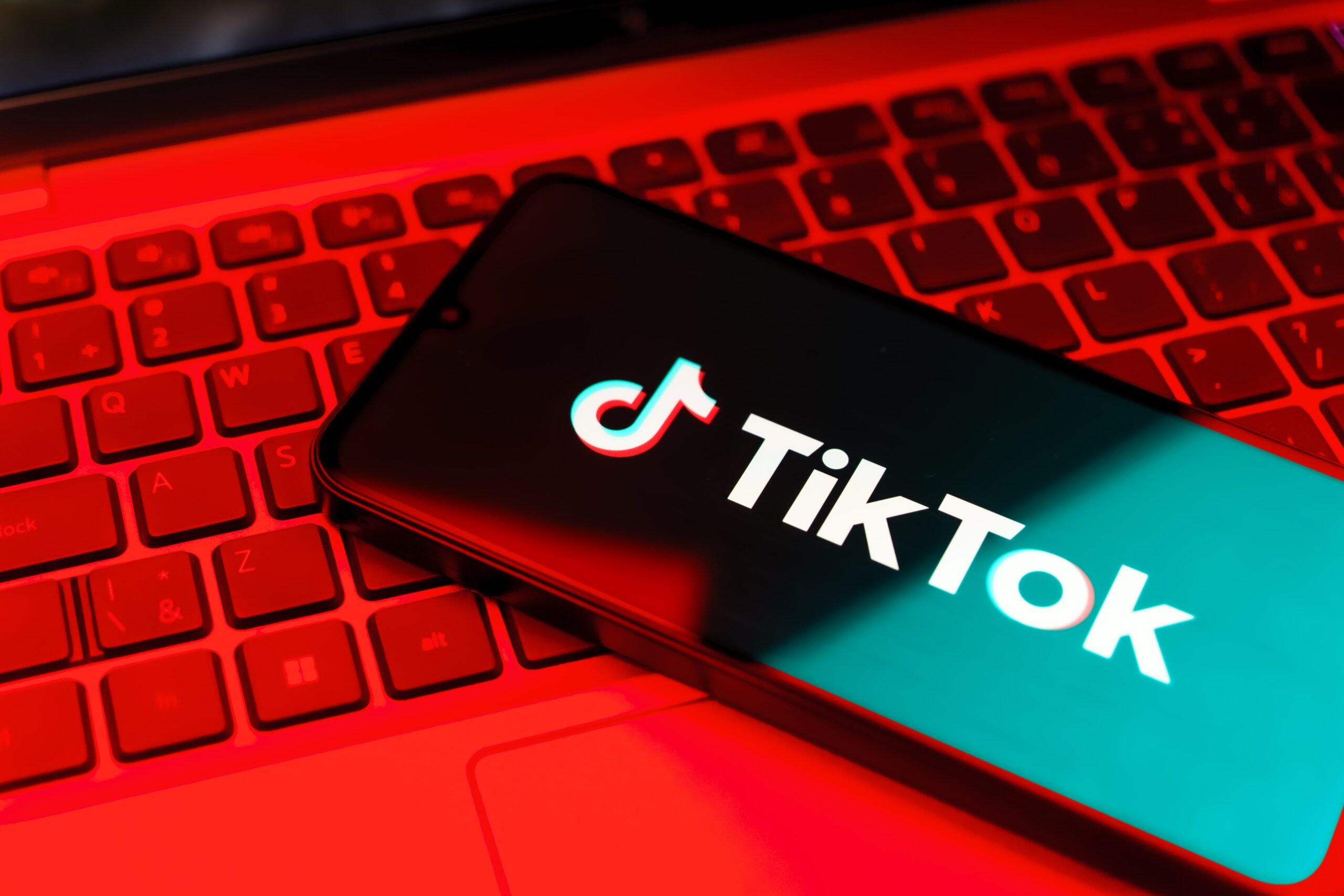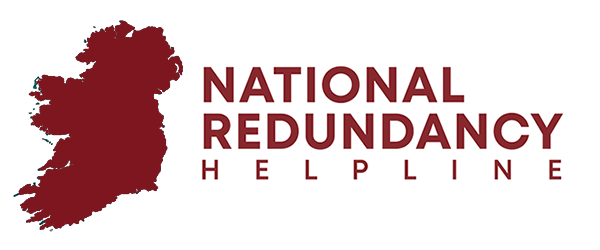300 staff at TikTok’s Irish offices were informed that their jobs were at risk in July last year, with reports suggesting that closer to 150 have actually been made redundant. At least some of these roles are due to be lost as a result of advances in AI.
Job losses for multilingual support staff last year at the social media giant’s Irish offices were driven by the adoption of AI, according to representatives of the company speaking at the Workplace Relations Commission.
Improvements in AI have led to the technology “taking on a bigger role” and “reducing the number of employees required” according to a barrister for TikTok at a recent WRC case.

TikTok Workplace Relations Commission case
Complaints were brought under the Employment Equality Act 1998 by Viktoria Danilova, an ad service specialist, whose job is expected to go in the current round of cuts at TikTok’s Irish office.
Ms. Danilova alleged discrimination on the grounds of family status and race under the collective redundancy process initiated by TikTok last year.
Kiwanna Ennis BL told the WRC adjudicator that the social media firm’s staff requirements changed because “AI technology has been vastly improving and updating”. It is envisaged that AI will reduce the need for employees with language skills in particular going forward.
Ms Ennis defended TikTok, expressing that staff at risk of redundancy were being “prioritised by HR” for other roles within the company.
AI in the Irish workplace
A new Google report, based on a study carried out by Implement Consulting group, on the effects of generative AI on the Irish workforce has suggested that up to 150,000 Irish jobs could be lost due to the widespread adoption of this technology.
The report gives a figure of only 28% of the Irish workforce for jobs that are likely to remain unaffected but states that 6% of the workforce in Ireland are especially likely to have their roles partially or fully displaced by generative AI.
This would include roles in clerical support, service and sales, and technicians and other professionals.
The report suggests that the workers that have been displaced by AI will be re-employed in other employment or other sectors due to the overall increased demand for goods and services led by AI powered growth.
Jobs impacted by AI
Generative AI technology is rapidly transforming workplaces. There is evidence that, as of Spring 2024, 66% of employment in the US was exposed to a high or moderate level of AI impact. However, the reality may be more nuanced than this figure suggests.
Buy-now-pay-later firm Klarna’s CEO, Sebastian Siemiatkowski, has recently announced that the firm has stopped hiring and has made the claim that AI can do the jobs that humans do.
The reality may be that, where AI technology is invaluable for certain tasks, especially those of some lower skilled workers, there is still a place for human insight, creativity, and expertise.
Organisations will still need workers who are trained and skilled in the use of AI, alongside other skills.
Sectors likely to be impacted by AI adoption
Some sectors are more likely than others to see the impact of AI on their roles. Certain tasks currently carried out by humans may also be replaced by AI technology such as:
- Administrative roles
Clerical support roles
Customer service and sales roles
Customer experience roles especially those involving trends and predicting consumer behaviors.
Sales roles
Finance roles
Insurance roles.
Data analytics roles
How to prepare for redundancy due to AI
Although the rapid advance of AI has meant that some jobs in the Irish workforce may be under threat, there are ways to prepare yourself in the face of redundancy due to AI.
Here are some tips if you are concerned about job losses in your industry or sector:
- Update your skills
AI literacy
Preparation for redundancy
Update your skills
It is always worthwhile to engage in continuous training and development so you can stay abreast of trends in your industry.
Even if your role is one which is vulnerable to displacement by AI, you may have other transferable skills, such as critical thinking, and creativity that will still be in demand by many employers. You may need to be willing to be flexible in considering other roles if your particular skill set is in an area that is vulnerable to AI displacement.
AI literacy
It is a good idea to familiarise yourself and develop skills in the use of AI as, if the statistics are to be believed, use of AI will become a predominant feature of many workplaces in the near future.
Prepare yourself for the rapid adoption of AI in the workplace by learning how to use AI effectively in your role. Workplaces may provide training for employees in the use of AI and will likely develop guidelines in its use.
Preparation for redundancy
Should your role or job be lost through displacement by AI, the usual advice on preparing for redundancy applies.
Now is a good time to review your personal finances, including pension arrangements, and equip yourself with information on redundancy pay and other entitlements as well as update your CV and online recruitment profile.
National Redundancy Helpline
If you are in a redundancy situation or you are concerned for your job with the advances in AI technology it can be daunting and stressful.
National Redundancy Helpline is Ireland’s leading source of advice and information on redundancy and your rights and entitlements.
Check out our blog with loads of information and articles on redundancy news or alternatively, you can call us or use our online assessment to get a call back from a redundancy advisor for free and unbiased advice for your situation.


